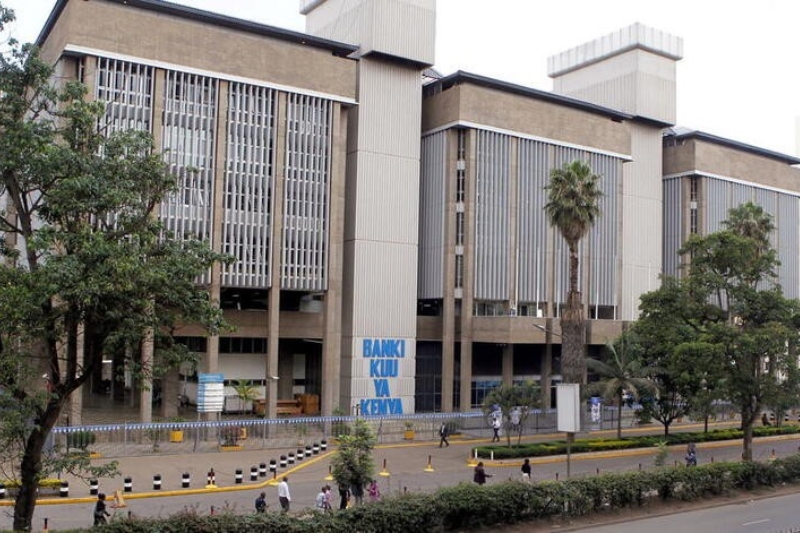In a significant economic development, Kenya’s central bank has taken decisive action to stabilize its currency, the shilling, which has been facing a substantial depreciation causing economic concerns. The move involves the largest interest rate hike in over 10 years, demonstrating the seriousness of the situation and the commitment to addressing the challenges faced by the country’s currency.
The Monetary Policy Committee (MPC) made a crucial decision to address the ongoing economic distress. The interest rate has been increased by 200 basis points to 12.5%. This marks a substantial shift, being the first hike since June and the most significant increase since 2011, as reported by Bloomberg. The committee’s action reflects a comprehensive approach to stabilize the shilling and mitigate potential adverse effects on the economy.
Addressing Exchange Rate Pressures
The MPC stated that the adjustment in the monetary policy stance is necessary to tackle the pressures on the exchange rate. The primary objective is to anchor inflationary expectations while steering inflation toward the 5.0 percent mid-point of the target range. The committee stands ready to take further measures if needed to achieve price and exchange rate stability. Another MPC meeting is scheduled for February 2024, indicating a vigilant approach to economic management.
Keep Reading
Inflation Insights and Exchange Rate Impact
November saw a slight decrease in inflation to 6.8% year-on-year, down from 6.9% in October. The central bank highlighted that the depreciation of the exchange rate contributed 3.0 percentage points to the November inflation reading. This emphasizes the direct correlation between the currency’s value and inflationary trends, necessitating proactive measures.
Shilling’s Struggles and Economic Implications
The shilling has experienced a staggering 20% depreciation against the dollar throughout the year, positioning it as one of Africa’s worst-performing currencies. This decline has raised concerns, especially given the looming settlement of a $2 billion Eurobond maturing in June next year. Despite additional financial support from the International Monetary Fund (IMF), the shilling’s weakness persists, highlighting the complexities of economic management.
International Support and Path For Ahead:
Even with the IMF’s approval for an additional $938 million to boost reserves, the shilling’s performance remains a concern. Experts, including Razia Khan, Chief Africa and Middle East Economist at Standard Chartered Bank, note that there has been external pressure to tighten policy. However, questions arise about the immediate impact, considering existing high market interest rates.
Kenya’s handling of the impending $2 billion Eurobond settlement in June is under scrutiny. Central bank governor Kamau Thugge emphasized that efforts are underway to secure funds, expecting $300 million from the Trade and Development Bank in December. The funds will be utilized to buy back part of the Eurobond. Additional financial support from the World Bank is anticipated early next year, providing a crucial lifeline.
As Kenya implements this significant interest rate hike, the focus is on stabilizing the shilling and steering the economy toward a more secure path. The complexities of managing currency depreciation, inflation, and international financial obligations necessitate a multifaceted approach. The country’s economic trajectory will depend on how effectively it navigates these challenges, ensuring stability and sustainable growth.

